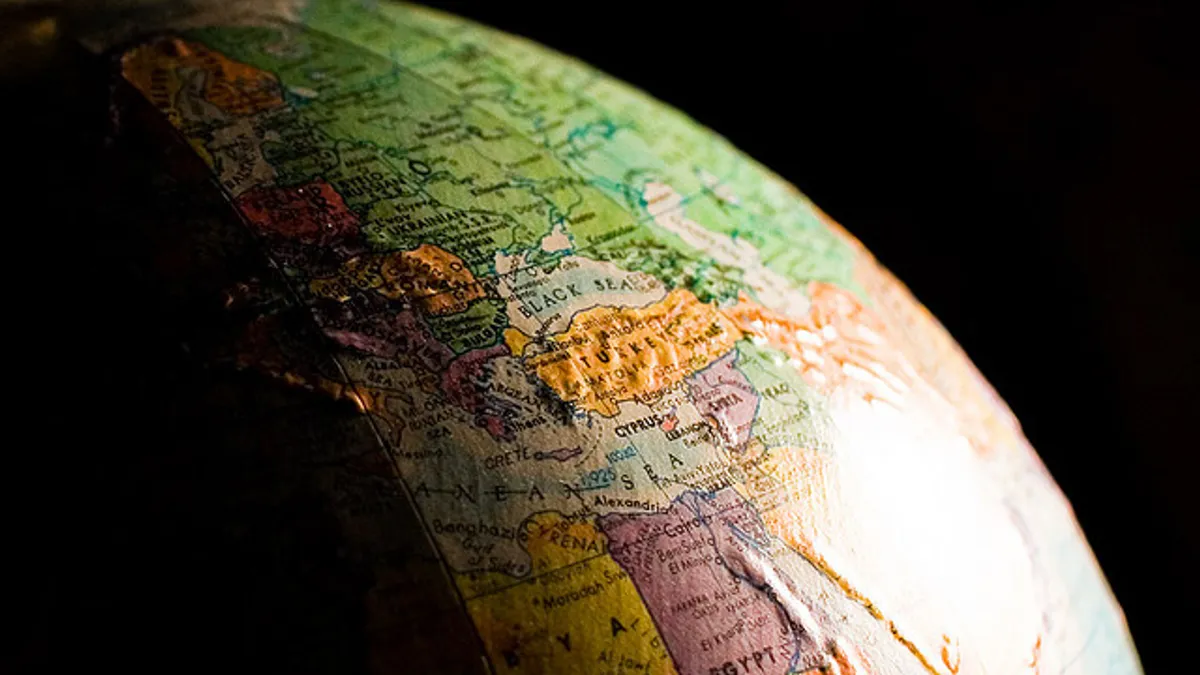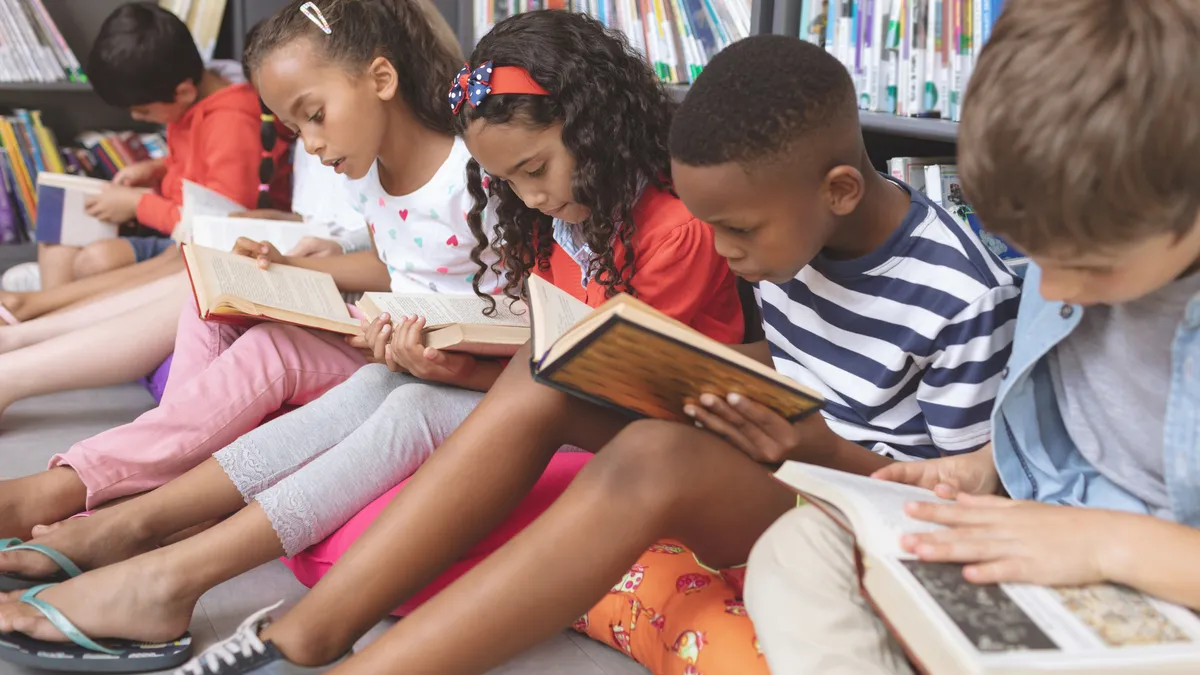Dylan Craig is a high school English teacher in Maryland's Anne Arundel County Public Schools.
For many in a more privileged sphere, the coronavirus has broken the comfortable illusion that a global catastrophe like this just won’t happen, at least not in my bubble. Catastrophe is now a reality and "global" means "global," as in everyone.
With the bursting of this comforting bubble and the definition of the "global" in "global catastrophe" clearer than ever, it is now time to seriously invest in a climate crisis curriculum for our students. We have a new sense of what it means to be affected by and to tackle something globally, and we need to equip our students with the practical and political power to address these challenges, as well as build a sense of global solidarity and shared responsibility.
When people are not informed or prepared, as well as believe catastrophes happen in faraway places, we get reactions like those seen in response to the coronavirus. In my students, for example, I saw disbelief turning to shock, turning to a range of emotional defense mechanisms, such as detachment, humor, denial, nihilism and in some cases, powerful fear.
These reactions parallel those in response to recent climate revelations, with global projections of catastrophic proportions coming within our lifetimes. When Wuhan, China shut down, my friends in Maryland discussed it, but the chances of it affecting us were an abstract notion. When New York City shut down with the coronavirus, in Maryland we mainly thought, "Yikes, but still, what are the chances this will affect me personally?"
These reactions are similar to when we hear about heat waves in Europe, locust plagues in Africa, or more frequent and intense hurricanes in the south. Those are bad, caused by climate change, but this probably won’t affect me personally. The "global" in "global catastrophe" often feels like a half-empty word to the more privileged, having a similar meaning to "a lot of people."
However, coronavirus forced many to go through the denial of the "global" definition quickly, as it did make its way to our front door, much like the "in our lifetime" climate predictions, and soon many who were in denial a week ago were out of school or work and sheltering in place the next. We can now learn from this in our approach to climate change, pressing forward with our students’ new understanding of "global," and the realization for many that yes, it will impact me. And yes, there is a shared responsibility to address it. From this, we can both show that we are in this together and promote the idea that it shouldn’t take a crisis coming to our front door to build global solidarity.
If global solidarity were built from the beginning in the coronavirus, the situation may have turned out much differently, with all our political power and resources going to help China battle what could affect us all. But with the climate crisis we have a few advantages — one being time.
Although certain effects of climate change are escalating quickly (side note — the release of new viruses is one of those effects), the coronavirus has had a much steeper learning curve. However, we still have time to tackle major effects of climate change, as well as the knowledge of potential solutions and mitigation strategies that are often not in place simply due to a lack of political will and lack of notions of shared responsibility.
With these advantages, a climate crisis curriculum could have a major impact on those who are going to be facing the brunt of the consequences of this global challenge, and coronavirus allowed many to realize that they are not somehow excluded from the "global" definition.
We must now use this realization in order to implement a curriculum that leads to action and solidarity. This curriculum would give students a better understanding of why this climate crisis is happening, what effects have become inevitable, what effects can be mitigated, what effects can be stopped, as well as ways to build political power and global solidarity to address them.
In many ways, it would be a hopeful curriculum, and one that helps keep students from relying on the emotional defense mechanisms seen during the coronavirus. Overall, the curriculum could embody a version of Martin Luther King Jr.’s statement, “Injustice anywhere is a threat to justice everywhere,” as an environmental mantra for global solidarity and shared responsibility, especially now that students see how true this really is.
It is not ideal that it took a global catastrophe for major parts of the population to realize they are not untouchable, and I truly wish the notions of global solidarity were already in place so that we could live in a world that does not commit acts that endanger others who they will never meet and in places that they will never see.
However, we have the opportunity to build that solidarity with a better understanding of global consequences and shared responsibility than ever. The fact that we are already sacrificing so much in the name of coronavirus mitigation in order to help those we will never meet speaks to our readiness to continue, as well as the benevolent aspects of human nature in general. This can and must continue to be fostered in our students to address our next great global challenge — to help save our near and distant global future with a renewed sense that we are all in this together.






 Dive Awards
Dive Awards













